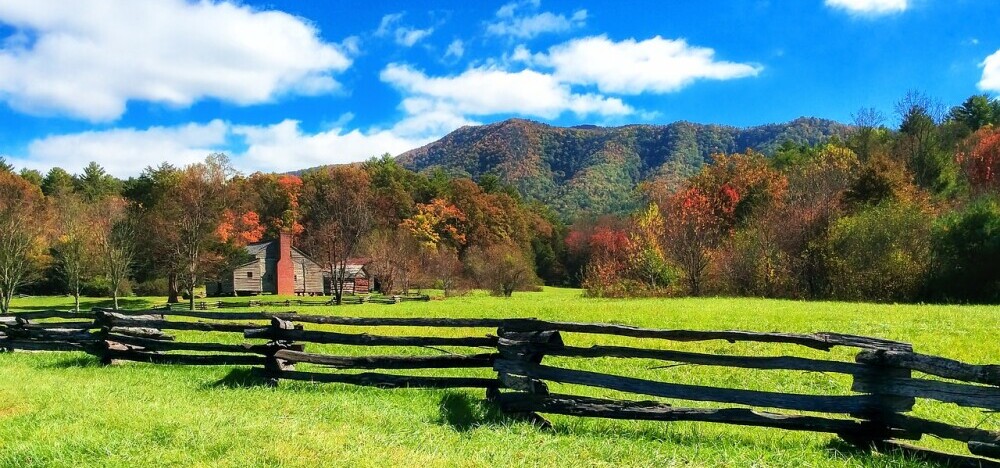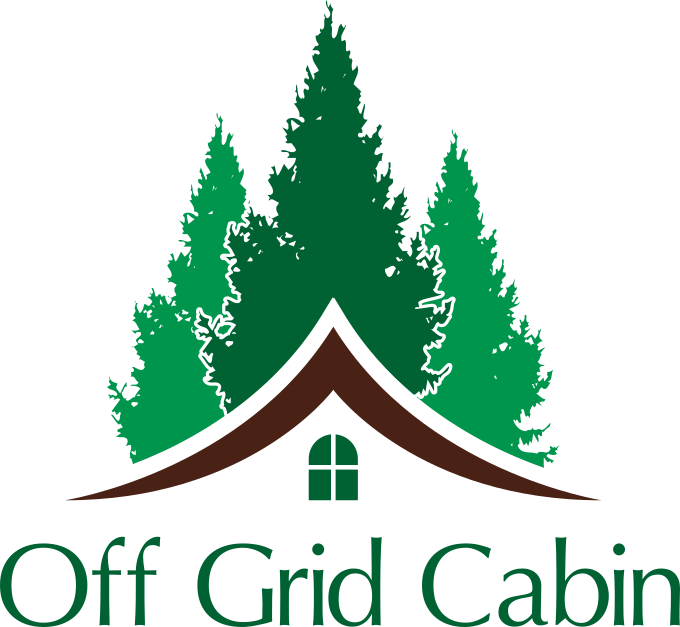
Off-grid living sounds like a grand adventure, and it really is for those bold enough to try it. Simply put, it means living independently from the public utilities that keep the rest of us humming along. But let’s dig a bit deeper than just cutting the cord from the electric company. It’s about creating a self-sufficient life where you supply all your basic needs without relying on outside systems. Sounds pretty freeing, right?
People take the plunge into off-grid living for all sorts of reasons. Some folks are driven by a desire for sustainability and reducing their carbon footprint. Others aim to escape the fast-paced city life for some peace and quiet. Whatever the reason, it’s crucial to know that this lifestyle isn’t just off the beaten path; it requires planning and grit.
Getting your head around the essentials can smooth your journey into off-grid living. Before you start scribbling plans, consider the climate and geography of where you want to live, your financial resources, and the skills you’ll need to learn. Off-grid doesn’t mean off-your-rocker unprepared.
Plenty of myths surround off-grid living. Some think it means going without modern comforts, but that’s not the case. While you might ditch some gadgets, you can absolutely have many comforts of contemporary living. The key is in how you choose to create and use resources. It’s more about smart living than tough living.
Getting Started: How to Transition to Off-Grid Living
Taking the leap into off-grid living needs some forethought, but don’t worry; it’s all about breaking it down into manageable steps. First, it’s vital to sketch out a clear plan. Consider what level of self-sufficiency you aim to achieve. Some people go fully off-grid, while others keep a foot in the system, handling things like connectivity or waste disposal differently.
Starting with basics like shelter, water, and food will make the initial transition smoother. Think about where you want to set up camp. Is it somewhere rural or a remote spot tucked away in nature? Shelter options can vary from tiny homes and cabins to renovated travel trailers. Wherever you choose, make sure it meets local building codes and permits.
Water is crucial, so explore your options depending on your location. In some areas, a well might be a perfect solution, while rainwater collection works great in others. Whatever you choose, ensure it’s safe for drinking and all your daily needs. It’s not as tricky as it sounds once you get the hang of it.
Food self-sufficiency starts small. Try your hand at a vegetable garden or raising chickens for eggs. It’s wise to build skills slowly. Over time, you can ramp up to more advanced homesteading techniques.

Another important aspect is legal and logistical know-how. Research the regulations in the area you choose. Some places have restrictions on off-grid setups, which might influence what you can do. Navigating these early on avoids headaches down the road.
Finally, equip yourself with the right tools and know-how. Whether it’s basic carpentry, gardening, or even off-grid energy systems, building these skills is like putting together a practical toolkit for your new lifestyle. Turning your aspirations into a down-to-earth reality will make the journey to off-grid living an exciting adventure.
Off-Grid Living in Canada: A Unique Set of Challenges and Opportunities
Canada offers a stunning backdrop for off-grid living, with its vast landscapes and rich natural resources. But living off the grid in Canada comes with its own unique set of hurdles and perks. It’s a country known for its chilly winters and wild terrains, which means one-size-fits-all planning won’t cut it here.
Before setting up, familiarize yourself with the Canadian climate and how it affects off-grid living. Winter can be long and brutal in many regions, so heating and insulation become top priorities. A well-insulated home and a reliable heat source, like a wood stove or efficient solar heating, can make all the difference.
Navigating the regulations is another hurdle. Provincial and local laws vary, sometimes placing restrictions on elements like waste disposal or water rights. Doing your homework on these regulations helps avoid unwanted surprises—no one wants to dismantle their dream because of a missed permit.
Despite the challenges, Canada is ripe with opportunities for those seeking a sustainable lifestyle. The abundant nature offers ample resources for water, food, and energy. Think about harnessing Canada’s wind in the prairies or the power of its rivers if you’re near one. Finding the right spot that meshes with your goals is key to enjoying the freedom of off-grid living.
There are inspiring success stories from off-grid pioneers in Canada who’ve crafted homes perfectly in sync with the natural world. Whether it’s building a tiny home overlooking the Rockies or a self-sufficient farm in the expansive prairies, learning from those who’ve walked the path helps anticipate both challenges and innovative solutions.
Power Solutions: Selecting the Best Energy Source for Your Off-Grid Home
Choosing the right energy solution is a cornerstone of successful off-grid living. With several renewable energy options on the table, making an informed choice is crucial. Solar power often comes out as a favorite, thanks to its declining costs and ease of setup. Solar panels can be installed in a variety of landscapes, and paired with batteries, they ensure power even after the sun dips below the horizon.

In certain areas, especially where wind is abundant, wind turbines can be an excellent alternative or complement to solar power. They can generate energy day and night, providing a consistent supply, especially during cloudy periods. However, they require a bit more space and are better suited to wide-open areas, away from obstructions like tall trees or buildings.
Hydroelectric power also offers a compelling solution if you’re lucky enough to have a stream or river on your property. Small-scale hydro systems can be incredibly efficient and run continuously, offering a steady energy supply. But setting up these systems can be complex and subject to regulatory constraints, so always check local rules.
When comparing options, consider each one’s efficiency, cost, and scalability. Solar is versatile and getting more affordable, while wind and hydro trade on steadiness and storage. Factor in both your immediate needs and long-term aspirations when designing your setup. Technological advancements are making these systems more accessible and integrated, allowing for hybrid solutions that combine multiple power sources effectively.
As new innovations emerge, it’s worth keeping an eye on future trends. Energy storage and smart grid technologies, for instance, are making it easier to manage and distribute power efficiently. This means more flexibility and potential for growth in your off-grid lifestyle. Staying informed about these developments helps keep your energy supply as reliable and sustainable as possible.
Benefits of an Off-Grid Lifestyle: Living in Harmony with Nature
Living off the grid brings a rich tapestry of benefits that go beyond mere independence. One of the most significant is the heightened sense of self-sufficiency. Crafting a life where you’re responsible for your own essential needs builds resilience and a can-do spirit. The satisfaction that comes from producing your own food, generating your own energy, and reducing your dependence on external systems can be immensely rewarding.
Environmental benefits are another big win for off-gridders. By opting to live sustainably, you’re minimizing your ecological impact and often cutting down on waste. Planting a garden or managing natural resources responsibly helps foster a deep connection with the environment. It teaches respect for nature’s cycles and offers a more grounded way of life.
Then there’s the financial aspect. While the initial setup might require an investment, the long-term savings can be significant. Lower utility bills and reduced reliance on modern conveniences translate to lighter financial burdens over time, which is particularly appealing in today’s economy. Plus, learning skills like woodworking or growing your own food can further slash costs.
A huge perk of off-grid living is the focus on community and cooperation. Many who choose this lifestyle find themselves part of a network of like-minded individuals, learning and sharing resources to help one another thrive. This creates a supportive community atmosphere where knowledge and resources circulate freely.
Ultimately, living off-grid means embracing a lifestyle that blends self-reliance with sustainability. It encourages a mindful presence that contrasts with the hustle of urban existence, leading to a simpler, more fulfilling way of life. Though challenges exist, the rewards of living close to nature and relying on your own resourcefulness are pretty compelling, giving you the kind of freedom and peace hard to find elsewhere.
© 2024, Teresa. All rights reserved.

Teresa, this article perfectly captures the spirit of off-grid living! I’ve been considering making the transition myself, and your insights on planning and skill-building are incredibly helpful. I love the idea of starting small, like with a vegetable garden and maybe a few chickens. Have you come across any particularly helpful resources or books that guide new off-gridders in developing those essential skills? Also, I appreciate the emphasis on community—finding like-minded people in this journey seems vital for support and learning. Thank you for sharing this invaluable information!
Thank you for the kind words, and I’m so glad you found the article helpful! Starting small with a vegetable garden and chickens is a fantastic way to ease into off-grid living, and it gives you practical skills that are key in this lifestyle. Here are a few resources and books I recommend for developing essential off-grid skills:
The Self-Sufficient Life and How to Live It by John Seymour: A classic guide covering everything from gardening and animal husbandry to sustainable building practices.Back to Basics by Abigail R. Gehring: Great for practical, step-by-step projects that are ideal for beginners.The Permaculture Handbook by Peter Bane: A deep dive into sustainable living through permaculture principles, which are invaluable for long-term off-grid living.
Community is indeed essential—it provides support, shared knowledge, and often inspiration! Let me know if you’d like any more specific advice on starting your journey.